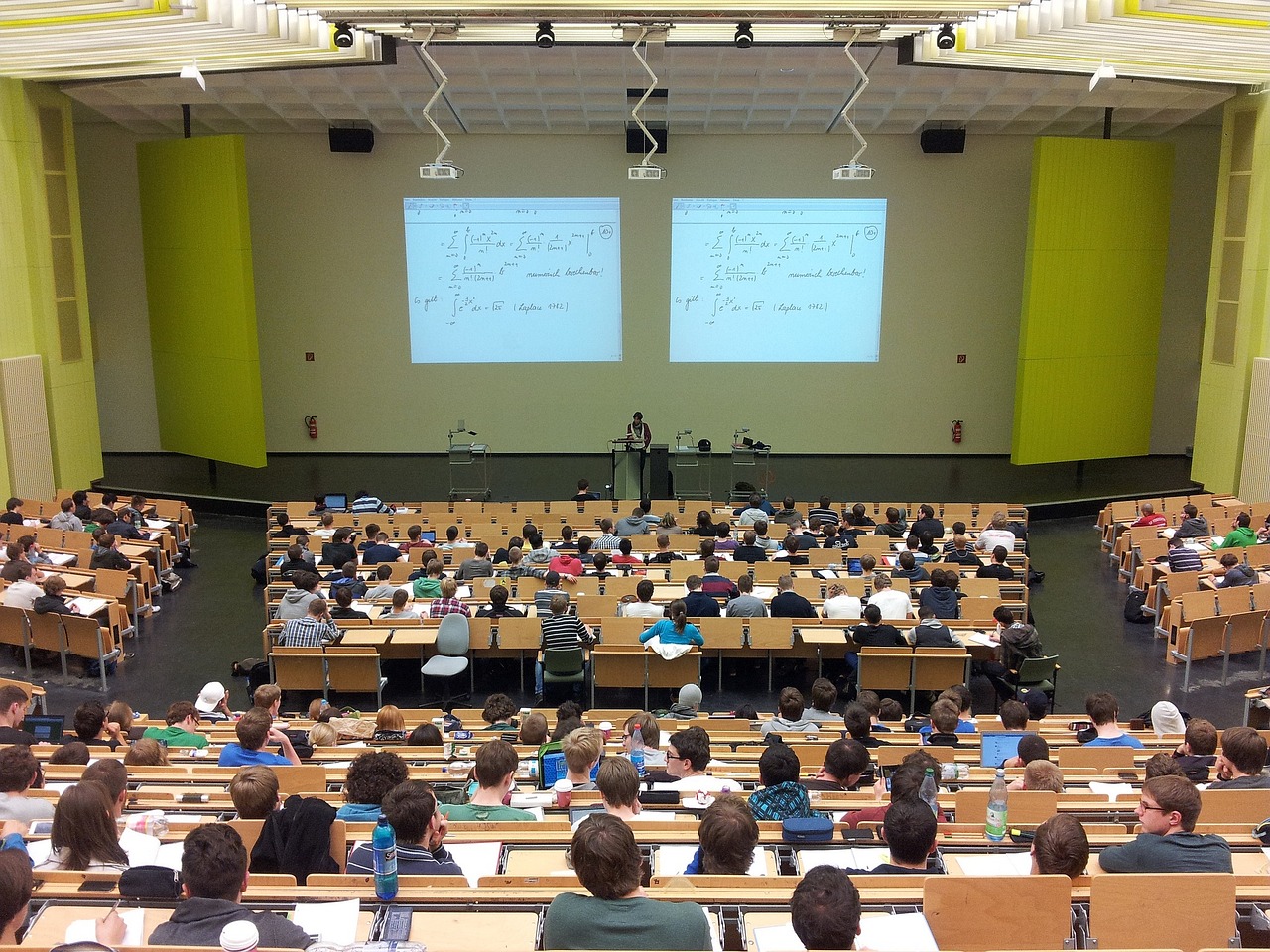
The financial forecast for Germany is clear: more money, more problems. While the economy defies expectations by flooding the national coffers with cash, the country remains utterly paralyzed by deep-seated, systemic debates over migration, AI, and crime. This week’s developments underscore a sharp dichotomy: Germany can mobilize resources and capital at speed, but it grinds to a halt when confronted with essential structural change.
This dynamic tension defines the future for anyone living, working, or studying here. We break down the recent seismic shifts and reveal what they truly mean for your money and your future.
Where Did the €33.6 Billion Budget Windfall Come From?
For those demanding better social services or waiting on critical infrastructure upgrades, the answer is immediate relief. Germany’s financial health just received a massive, unexpected boost. New tax estimates project that the federal government, the states, and the cities combined will capture an astonishing €33.6 billion more than originally anticipated last spring. This surge in revenue grants the current government substantial flexibility to aggressively fund new projects, inject capital into struggling sectors, or provide essential aid. The nation’s finances are robustly healthier than even the most optimistic experts had predicted, providing a powerful tailwind for fiscal policy.
Is AI Now an Official High School Exam Tool?
For every student planning a university path in Germany, a massive shift is now on the horizon. North Rhine Westphalia is spearheading a national revolution in educational assessment. Starting in 2030, high school graduates will officially be allowed to use AI tools in their final exams.
This is a profound realignment of educational priorities. The focus is moving dramatically from rote memorization to the critical skill of effective inquiry—how well a student can prompt and utilize the AI for complex problem-solving. The challenge now facing educators is not if to adopt the technology, but how to re-engineer testing standards to remain fair and rigorous in this new, technologically augmented landscape.
Why Is the Migration Debate Deeply Dividing Germany’s Generations?
The nation’s political temperature remains volatile, demonstrating a deep split on integration and immigration. Following recent and harsh criticism directed at Chancellor Friedrich Mayers for his comments regarding migrants in German cities, a new nationwide survey delivered a surprising result: a majority of the population actually supports the Chancellor’s stance on this contentious issue.
The core point is in the demographics: this support is overwhelmingly concentrated among older citizens. This data highlights a fundamental, deep-seated divergence: a younger, more open, and progressive Germany stands in opposition to an older, more cautious, and conservative Germany regarding the viewing of newcomers and the path to integration. This generational tension is not a fringe issue; it is a central theme dominating contemporary German politics.
How Are Criminal Networks Exploiting Juvenile Law?
Police are sounding a critical alarm: Organized crime has rapidly gone digital. Criminal networks are now leveraging encrypted messaging and gaming platforms to aggressively recruit minors. The tactic is chillingly simple and strategic: exploit young people for low-risk initial tasks, such as standing lookout or running innocuous packages, thereby utilizing the protective layer of juvenile laws.
This low-risk entry quickly escalates, however, often leading to involvement in violent crimes. These children become tragically disposable assets for sophisticated criminal organizations. Law enforcement is now in an urgent fight to break this modern cycle of digital exploitation and violence.
What Key Regulatory Changes Will Affect Car Owners This Year?
Moving past the bizarre event—a chaotic incident in Airing where police and soldiers mistakenly exchanged fire during a communication-failed drill—the German government is focused on significant regulatory relief for one key group: electric vehicle owners.
A potential reform is under consideration to exempt cars with E-Plates (electric vehicles) from requiring the Umweltplakette (environmental sticker). This move is specifically designed to slash bureaucratic paperwork and simplify life for the growing number of EV owners, thereby incentivizing the shift to electric mobility.
The events of this week showcase a Germany slush with capital yet locked in fierce political combat over its core systems. The key takeaway remains: change is inevitable and occurring fast, but navigating the political fights and systematic gridlock is the single greatest challenge to progress.
At ETAINFI, we believe understanding this complex landscape is the first step toward mastering your future here. We provide the expert analysis you need to move with confidence. Contact us today to learn how our tailored support can help you navigate Germany’s fast-changing financial and regulatory environment.


